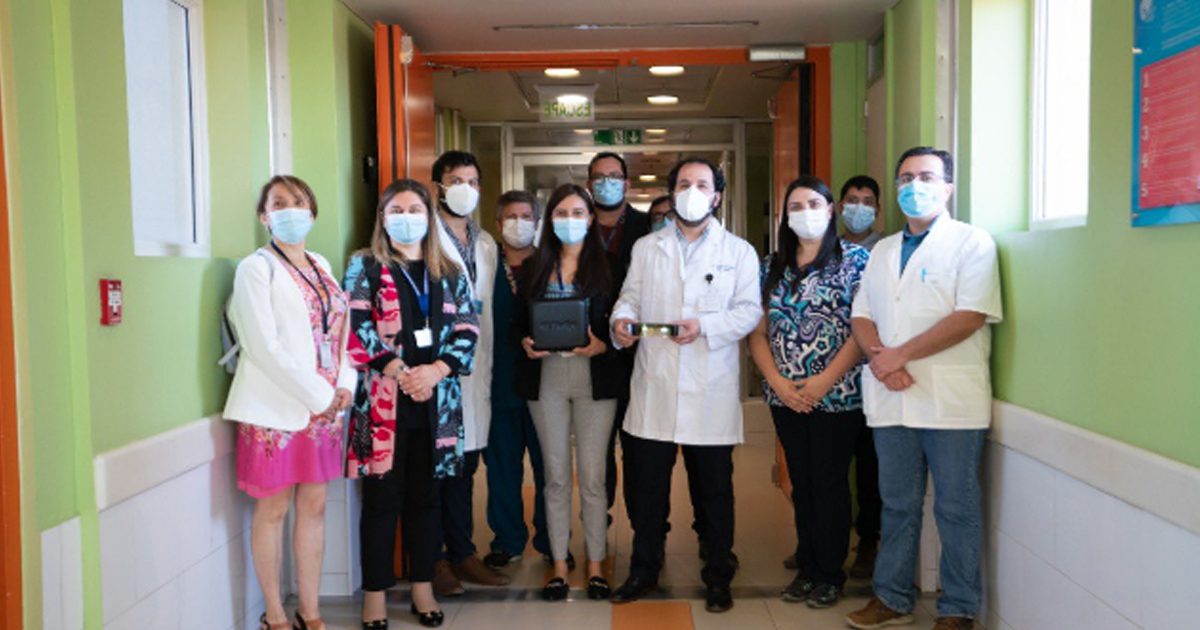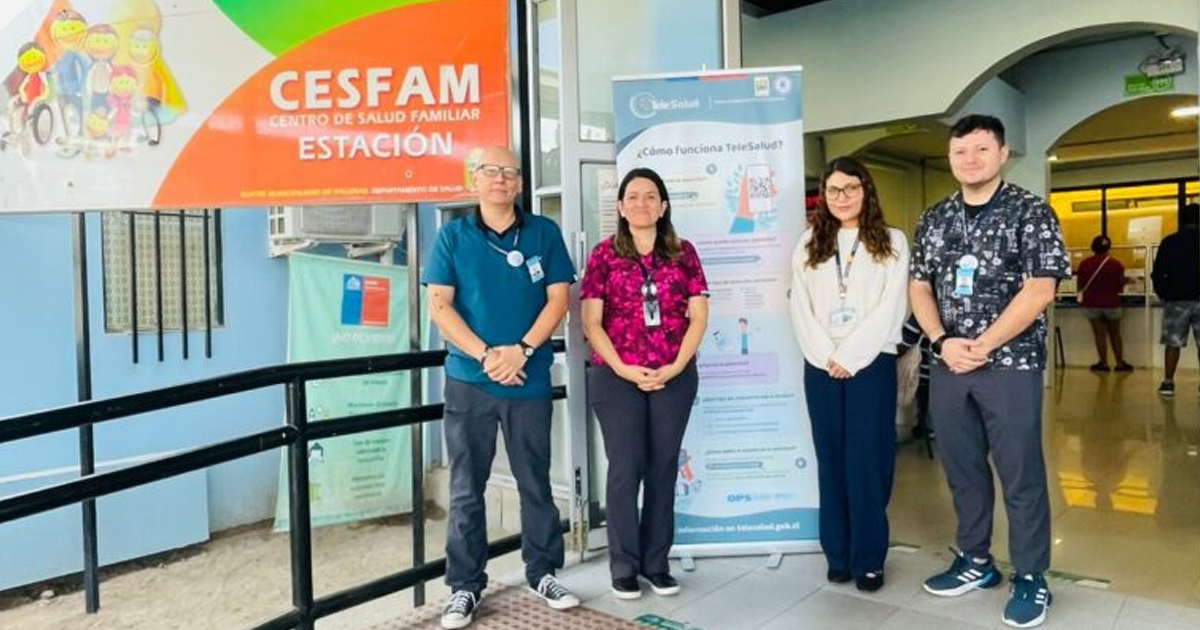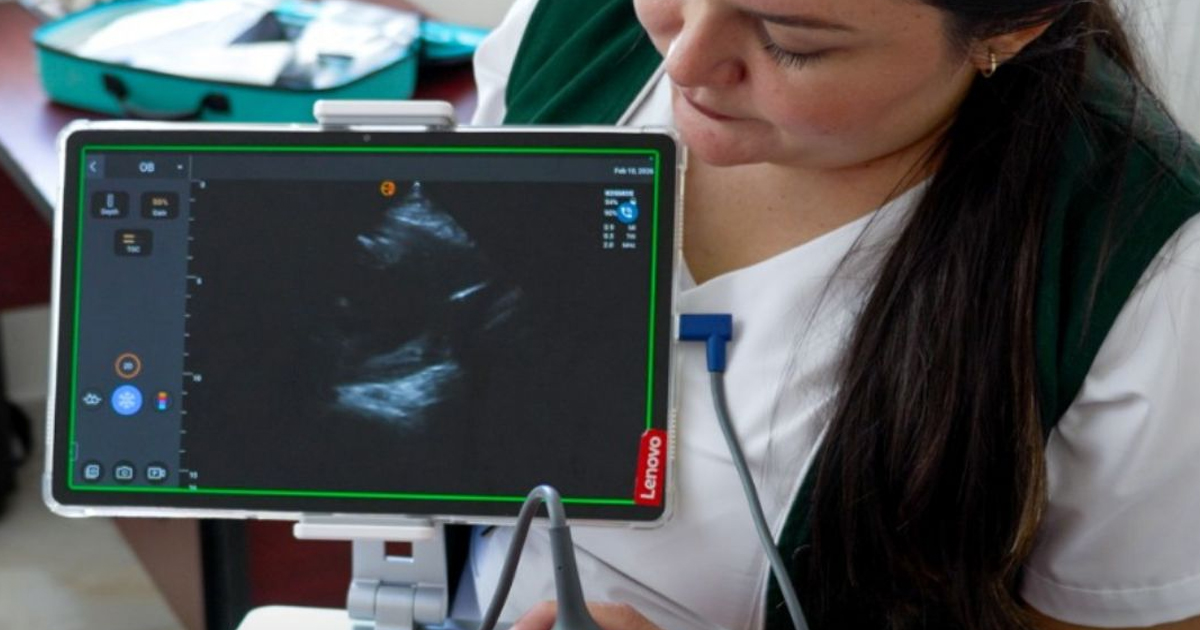Esta estrategia busca mejorar las atenciones en la Unidad de Paciente Crítico (UPC).SUBTÍTULO / RESUMEN
En la Región de Ñuble, al sur de la zona central de Chile, específicamente en la ciudad de San Carlos, se encuentra el Hospital Dr. Benicio Arzola Medina el cuarto establecimiento en el país que contará con lentes de asistencia remota. Esta iniciativa ha sido impulsada por el Servicio de Salud de Ñuble, la División de Gestión de Redes Asistenciales (DIGERA) y el Departamento de Digital Health del Ministerio de Salud.
En el caso del Hospital de San Carlos, según explicó el director del servicio de salud, Ricardo Sánchez, explicó que esta tecnología apoyará a equipos de la UPC en el hospital, y así optimizar el manejo oportuno de los pacientes y realizando interconsultas con especialistas en las áreas requeridas. Asimismo, Sánchez agregó que “Todo esto se realizará con una tecnología de vanguardia, que permitirá una conexión de alta fidelidad, lo que sin duda significará un adelanto importante para la red asistencial de Ñuble”.

Por otra parte, Isaí Carrasco, que forma parte del equipo de implementación de estas tecnologías en la Unidad de Estrategias Digitales del Departamento de Digital Health, explicó que este tipo de lentes han sido utilizados en hospitales de la zona metropolitana de Santiago y otras regiones de Chile. “La experiencia ha sido bastante grata porque estamos llevando innovación a diversos puntos, rompiendo las brechas geográficas del país”, comentó.
De esta forma, los profesionales del hospital de San Carlos, podrán comunicarse de mejor manera con otros profesionales y especialistas de otras zonas del país. “Esto es muy positivo, pues permitirá intercambiar ideas y técnicas de manejo de paciente crítico en beneficio de nuestros usuarios. En definitiva, estamos acercando la salud a las personas mediante un dispositivo de alta calidad de imagen, asimilándolo a una atención presencial, lo que evitará eventuales traslados de a otras Regiones”, explicó el director del hospital, el Dr. René Goza, resaltando la importancia de las tecnologías en salud para las zonas remotas.
Esta iniciativa también fue reconocida por funcionarios del Digital Hospital como Nicol Barría, jefa del Proyecto del Telecomité de Paciente Crítico. Barría destacó la importancia de implementar estrategias de telemedicine sincrónica en un país tan geográficamente disperso como Chile y donde la mayoría de los profesionales médicos se concentran en Santiago.







